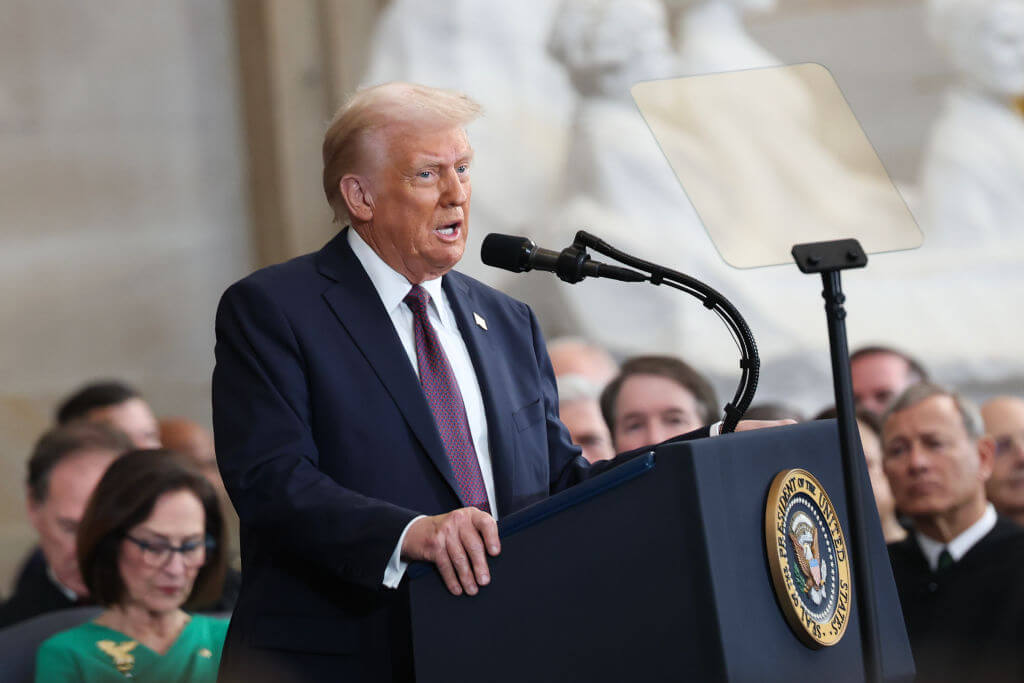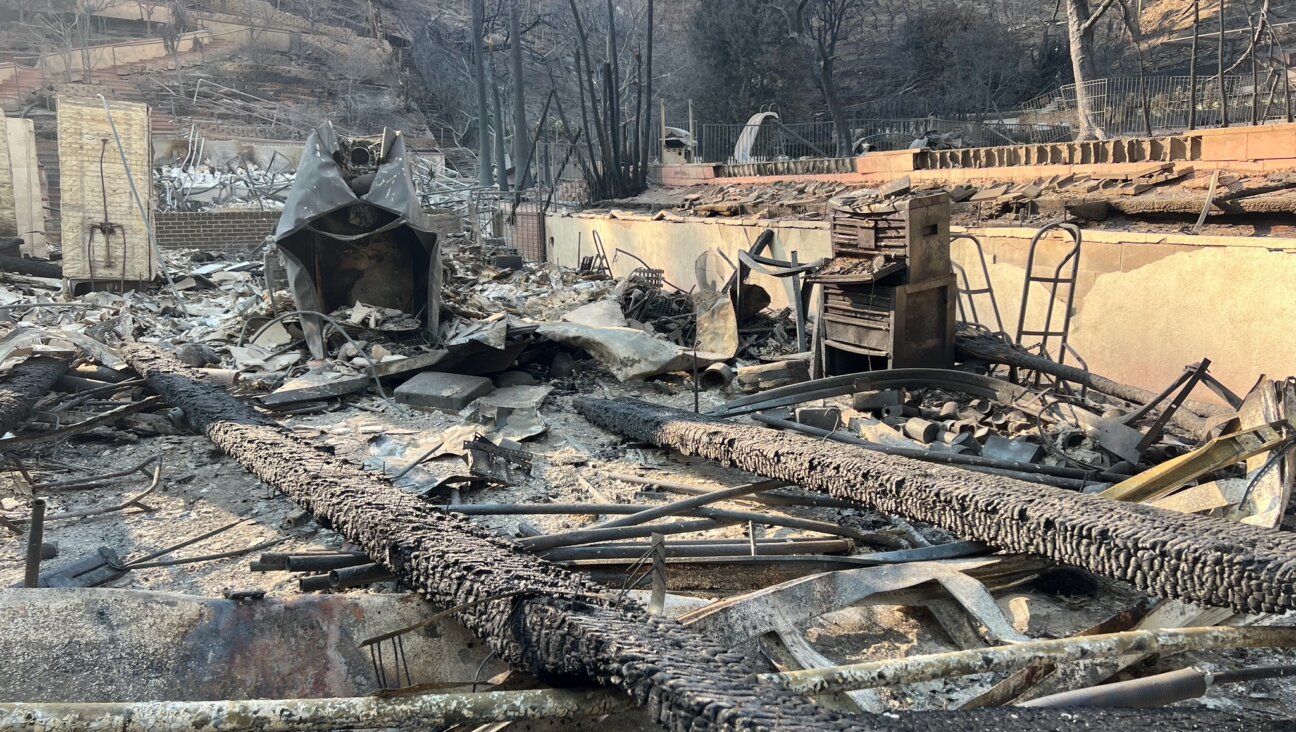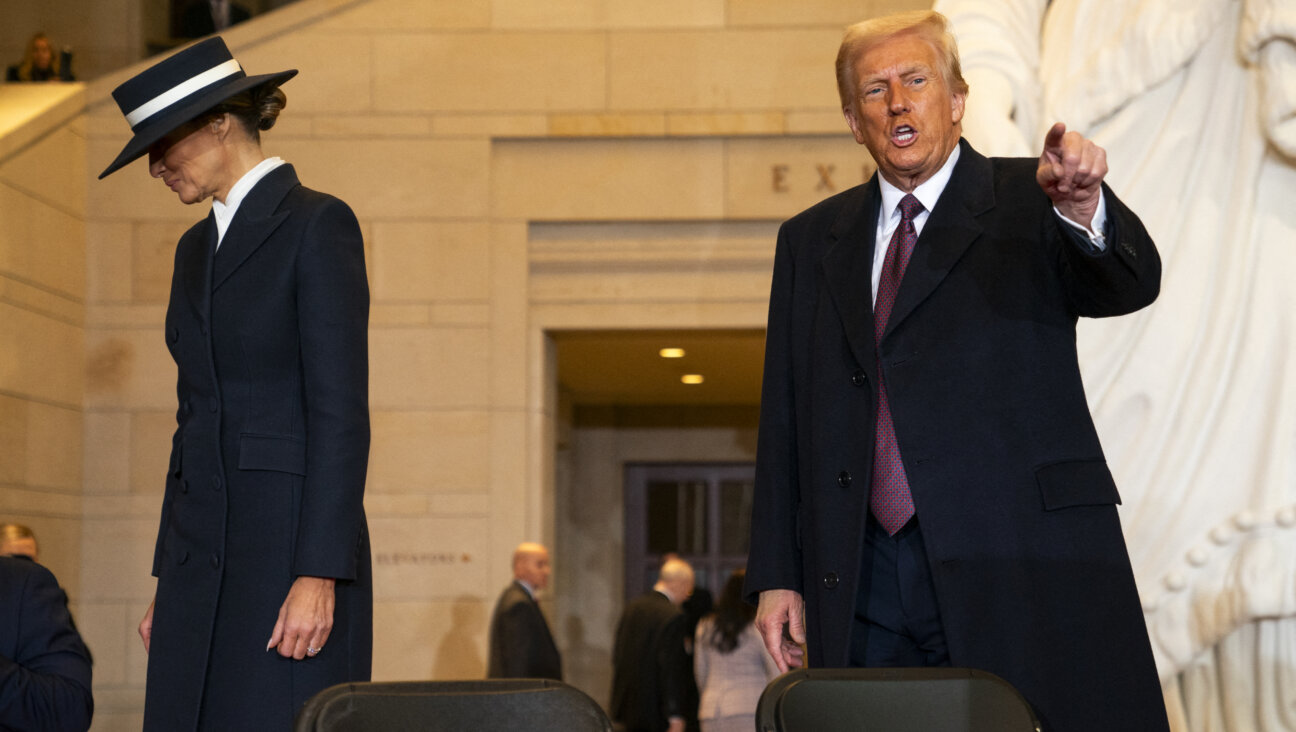42 Senators Now Back Iran Deal in Victory for White House

Image by Getty Images
President Barack Obama secured 42 votes in the U.S. Senate on Tuesday for the international nuclear deal with Iran, enough to block a measure of disapproval in the 100-seat chamber.
Democratic Senators Richard Blumenthal, Gary Peters and Ron Wyden all said they would support the agreement.
Sen. Maria Cantwell of Washington also announced her support late in the day.
Their backing along with that of 38 other Democratic and independent senators who favor the accord between world powers and Iran, would be enough to block a Republican-backed resolution disapproving of the nuclear deal so long as the vote holds.
That would keep Obama, a Democrat, from having to use his veto power to stop a resolution, although he had been guaranteed enough votes to sustain a veto once 34 senators backed the agreement.
It remains to be seen how voting will unfold.
Republicans control a majority of seats in both the Senate and the House of Representatives, and party leaders have denounced the idea of using a procedural rule to keep a disapproval resolution from advancing.
U.S. Senator Harry Reid, the Democratic leader in the Senate, issued a ringing defense of the deal on Tuesday. Speaking shortly before the announcements from Blumenthal, Peters and Wyden, Reid said the agreement would survive the high stakes review by Congress.
“There is no such thing as a better deal. There is no plausible alternative. There is no better deal,” Reid said in a speech at the Carnegie Endowment for International Peace as lawmakers returned to Washington from a summer break to begin a high-stakes debate on a resolution disapproving the Iran deal.
Many congressional opponents of the nuclear agreement announced on July 14 have argued it offers sanctions relief in exchange for too few concessions from Iran on its nuclear program. They have called on the United States and the five other world powers who negotiated with Tehran to return to the table to push for a tougher agreement.
All 41 senators who have backed the deal so far are Democrats or independents who caucus with them. No Republican in either house has announced support for the deal, and a handful of Democrats have joined Republicans in opposing it.
Shortly before Reid spoke, U.S. Senator Joe Manchin said he would be the fourth Senate Democrat to oppose the deal.
“While the deal places real constraints on Iran’s nuclear program for the next 10-15 years, after that term, Iran will be able to produce enough enriched uranium for a nuclear weapon in a very short period of time,” Manchin said.
Iran denies its nuclear program aims to produce weapons.
A message from our Publisher & CEO Rachel Fishman Feddersen

I hope you appreciated this article. Before you go, I’d like to ask you to please support the Forward’s award-winning, nonprofit journalism so that we can be prepared for whatever news 2025 brings.
At a time when other newsrooms are closing or cutting back, the Forward has removed its paywall and invested additional resources to report on the ground from Israel and around the U.S. on the impact of the war, rising antisemitism and polarized discourse.
Readers like you make it all possible. Support our work by becoming a Forward Member and connect with our journalism and your community.
— Rachel Fishman Feddersen, Publisher and CEO




















